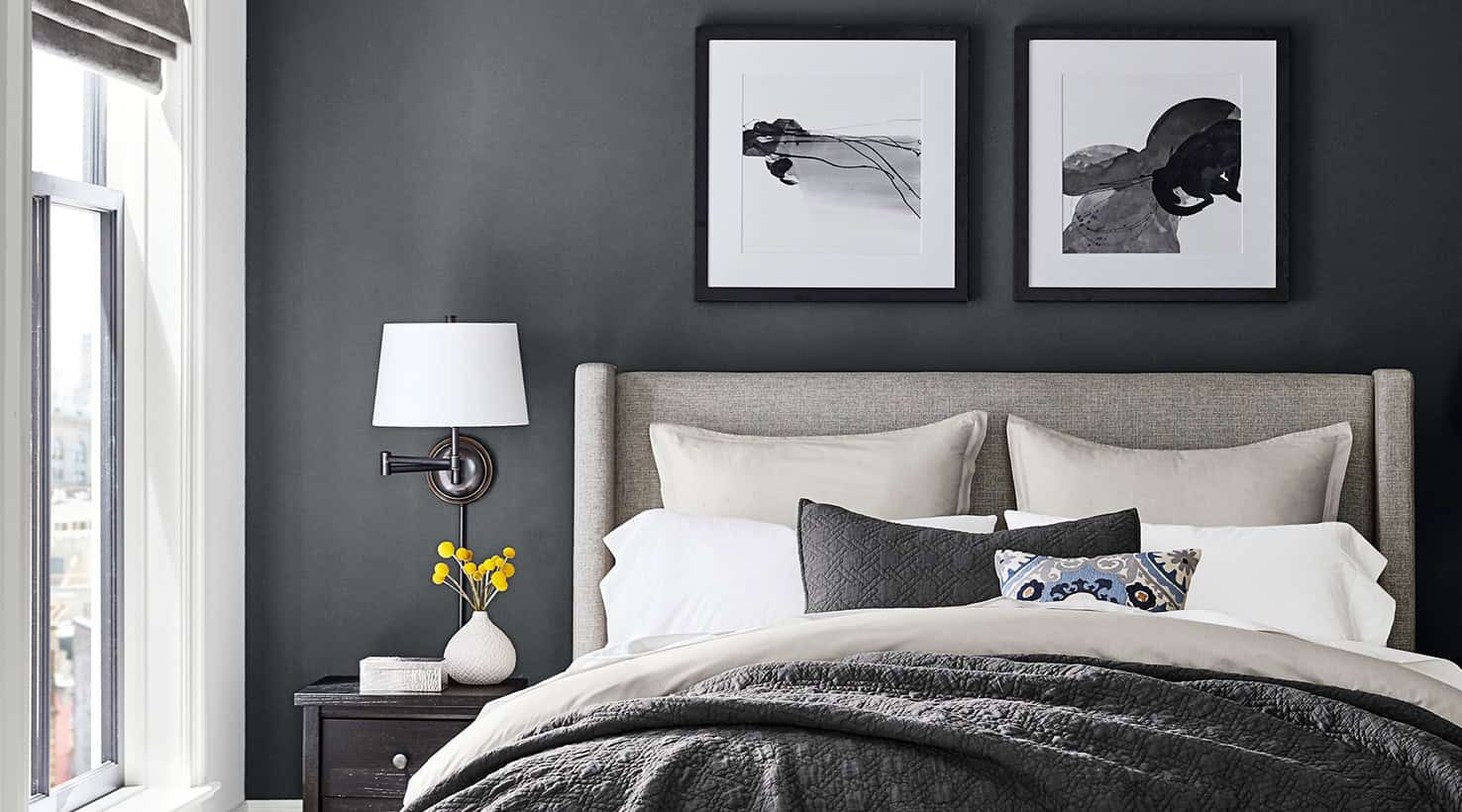Whether you want to sleep better or deal with your insomnia, changing up your bedroom may be the solution. Our environment plays a big role in how we feel and act at any given time, and your bedroom is no different. It can either help you sleep better or be an obstacle to it — it all depends on how you handle that environment.

With that in mind, here’s what you can do to turn your bedroom into a space that promotes better sleep.
1. Respect the space
It may be tempting to watch movies from bed or stay up late texting, reading, and browsing the web. But that trains your body to think of your bed as a place where you get to relax without necessarily having to fall asleep, which can make falling asleep harder later. This is why most experts recommend that if you are having trouble sleeping, you should stop limiting the use of gadgets, books, and other types of entertainment on your bed.
2. Get rid of clutter
Avoid leaving messes and unfinished projects in your bedroom. Books or work on your nightstand, bundles of clothes laying across the floor, and other types of mess all can make it harder for you to relax and fall asleep at night. Drawers and cabinets can do a wonderful job of helping you put everything away and get rid of visual clutter in the room.
There are many other bedroom tips and tricks you can use to make your bedroom look sharper and cleaner. And those are worth looking into, as it is easier to relax and fall asleep in a well-organized environment.
3. Choose the right colors
Cool colors are generally better when it comes to helping you fall asleep. These include blue, gray, silver, green, and more. There are many ways to get the desired color on your bedroom — painting the walls and changing the beddings is an easy one, but a night lamp with the right color can also produce the desired effect.
4. Keep the lights low
Your body needs a certain amount of darkness before it ramps up the production of melatonin, which is one of the hormones that helps people fall asleep. You can help create that darkness by blocking out external light sources, and covering any LED lights that may be present on the electronics in your room — unplugging them also works.
If pitch darkness doesn’t work for you, pick a night lamp that has color and brightness settings, so you can keep the lights as dim as possible. Blackout curtains may also be a good buy to help you sleep longer and wake up feeling more rested.
5. Manage sound better
Sound can be a big problem when it comes to sleep quality, especially if you don’t live alone. There are many ways in which you can make your bedroom quieter. Carpets, for example, make footsteps quieter and can reduce the intensity of sound coming from other rooms. Upholstered furniture also has a similar sound reducing effect.
Sources of white noise like air conditioners and ceiling fans can also help make things quieter by drowning out other sounds.

